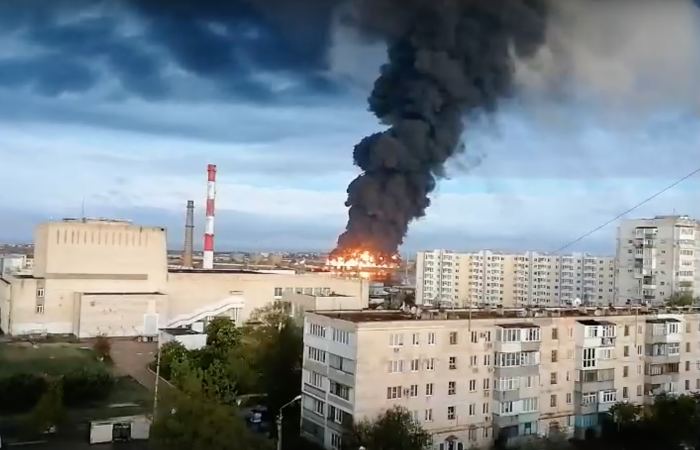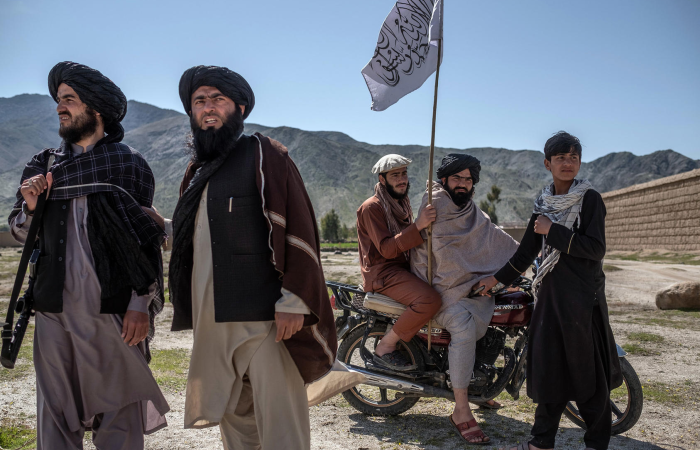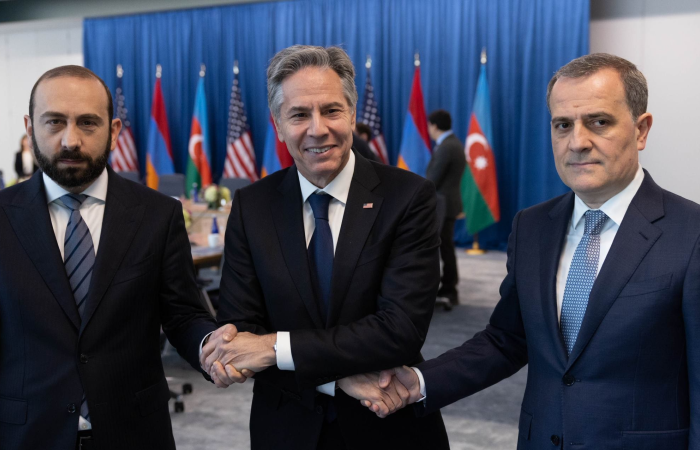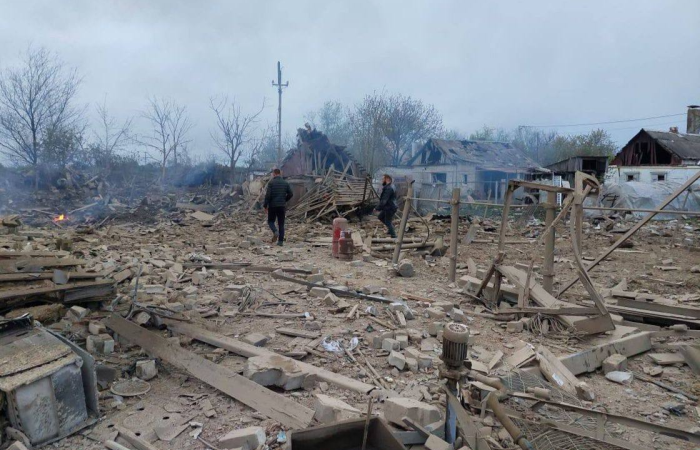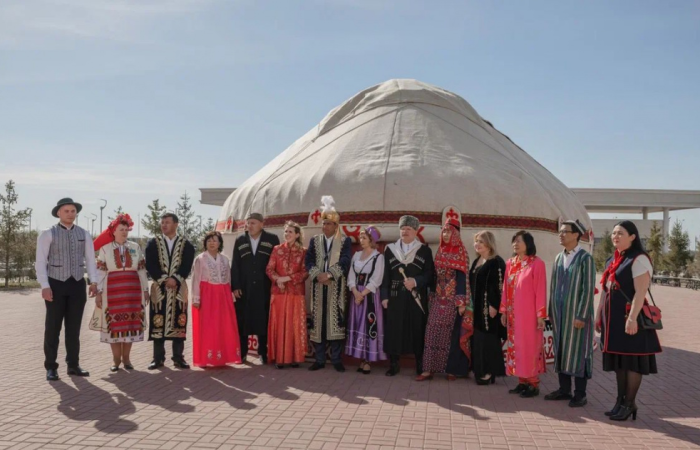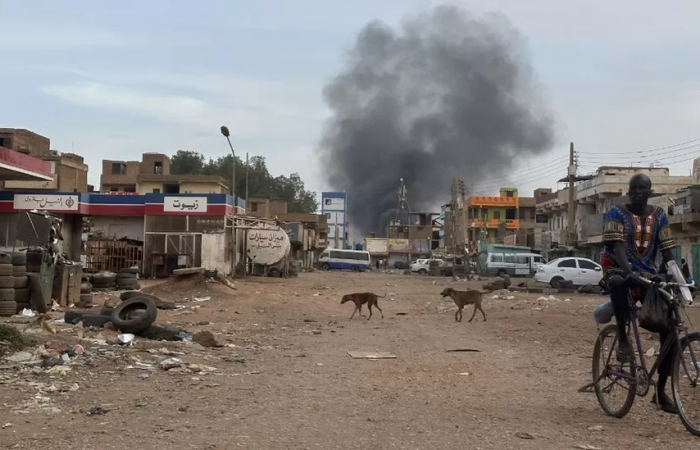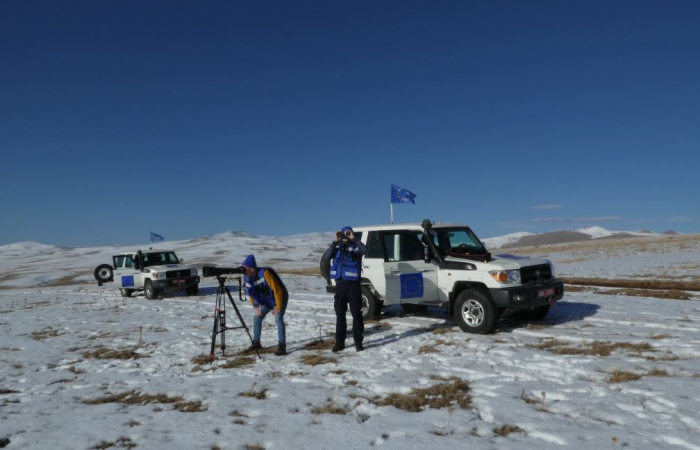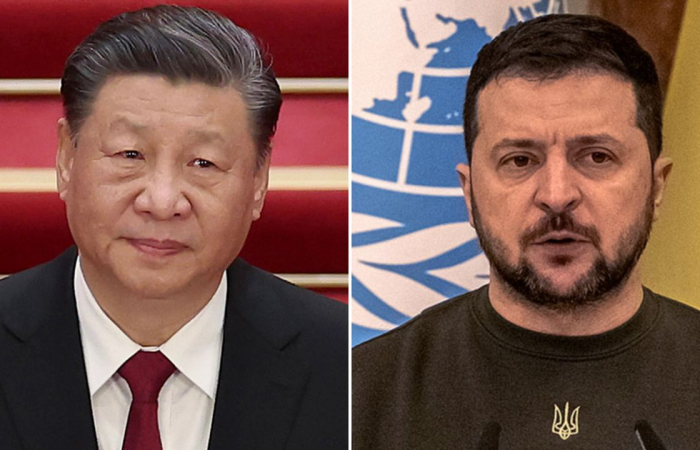Trending
Railway sabotage and oil depot explosions in Russia and Crimea as Ukraine gears up for counteroffensive
3 May 2023
Russia's Bryansk Oblast that borders Ukraine's north-east has now seen two railway derailments in as many days, both reportedly as a result of sabotage.
On Monday (1 May), Bryansk Oblast Governor Alexander Bogomaz published a post on his Telegram channel announcing that "an unidentified explosive device" detonated near railway tracks, derailing the train and resulting in the suspension of rail traffic in the area.
Overnight on Sunday (30 April), overhead powerlines in Russia's Leningrad Oblast were also blown up, although power supply to populated areas and civil infrastructure was allegedly not disrupted.
Then, yesterday on Tuesday (2 May), Russian media reported a second supposed railway sabotage in Bryansk Oblast in as many days. Governor Bogomaz said that railway lines had been blown up near Snezhetskaya station, derailing a locomotive and approximately 20 freight cars.
Being critical for logistical operations in their full-scale invasion of Ukraine, railways in Russia's border regions have frequently been targets of suspected sabotage during the ongoing war.



